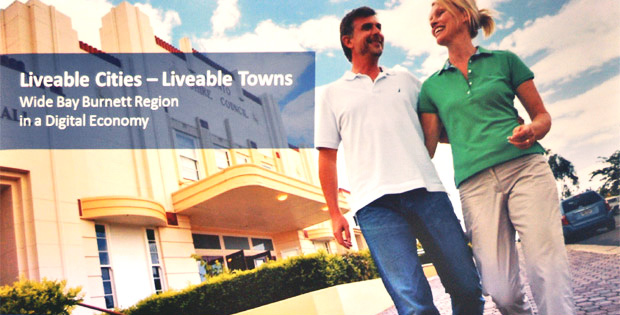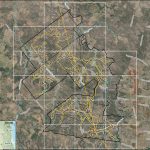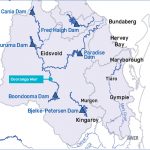
a Regional Innovation Centre is another
May 17, 2013
The Wide Bay Burnett Regional Organisation of Councils (WBBROC) – the umbrella body that includes the South Burnett, Cherbourg and Gympie regional councils – is seeking the services of a professional organisation or individual to help develop a Wide Bay Burnett Centre for Rural Innovation.
WBBROC has received funding to implement what it has identified as a priority project for the region.
The Rural Innovation Project Manager would be responsible for developing a business and project plan, scoping the project and managing the implementation of the plan as well as establishing positive relationships with key industry/business contacts and identifying a list of potential clients.
The manager would also secure a discreet number of clients to achieve the project goals within the life of this stage of the project, ie by June 2014. Decisions would then be made concerning the future sustainability of the project.
Consultants interested in applying will need to demonstrate expertise in regional economic development, including an ability to undertake cost/benefit analysis on proposed business ventures, experience in working with agribusiness, facilitating innovative business collaboration and investment initiatives (such as business networks, clusters or supply chain improvements), preparation of rural strategies, and knowledge of Queensland Planning provisions.
Tenders should should be submitted by Monday, May 27.
For further information, contact Peta Jamieson (Priority Project Officer, Regional Economic Development Advisory Committee, Wide Bay Burnett Regional Organisation of Councils) on 0400-131-669 or by email
Background to the Rural Innovation CentreWBBROC is an incorporated body representing the interests of councils within the Wide Bay Burnett Region including Bundaberg, Fraser Coast, Gympie, South Burnett, Cherbourg and North Burnett. Research by the National Institute of Economic and Industry Research highlighted the challenges facing the region which led to WBBROC adopting the following goals as a way of improving the economic and social aspects of the region:
With this in mind the councils established a Regional Economic Development Advisory Committee (REDAC) within WBBROC with membership comprising Council Economic Development Officers and representatives from business and industry, Department of State Development, Infrastructure and Planning and Regional Development Australia (Wide Bay Burnett). In 2012 REDAC completed a project that identified a range of regional priority projects that, if implemented, had the potential to make a significant impact on the economy of the region. These “priority projects” focus on the following concepts: The role of the proposed Centre for Rural Innovation would be to assist people or businesses with new ideas, undeveloped existing ideas and products or processes – to turn them into real, income-producing products and services. The Centre would facilitate the innovation process through to an end result and not just be a gateway to other providers; although an essential element is linking innovators with many of those providers, both government agencies and private sector advisers. WBBROC says the Centre for Rural Innovation would not be an Enterprise Centre. It would be concerned with broad-scale industry development as well as individual business development. The proposal does not require the building of a new “bricks and mortar” facility. It relies on effectively utilising acilities that already exist in the region and could also be seen as a “virtual” centre if appropriate technology is available. The Centre will be a project facilitator, providing brokerage services, advice, advocacy, be a project “jogger”, a “virtual” connector and possibly even a mentor. It will provide a node for all the service providers to innovative businesses and be the advisor of choice or first port of call for primary producers, businesses and individuals seeking to innovate and provide new business and employment opportunities across the region. Its role would be to facilitate the innovative development of a business opportunity that will provide economic development outcomes to the region. |






















